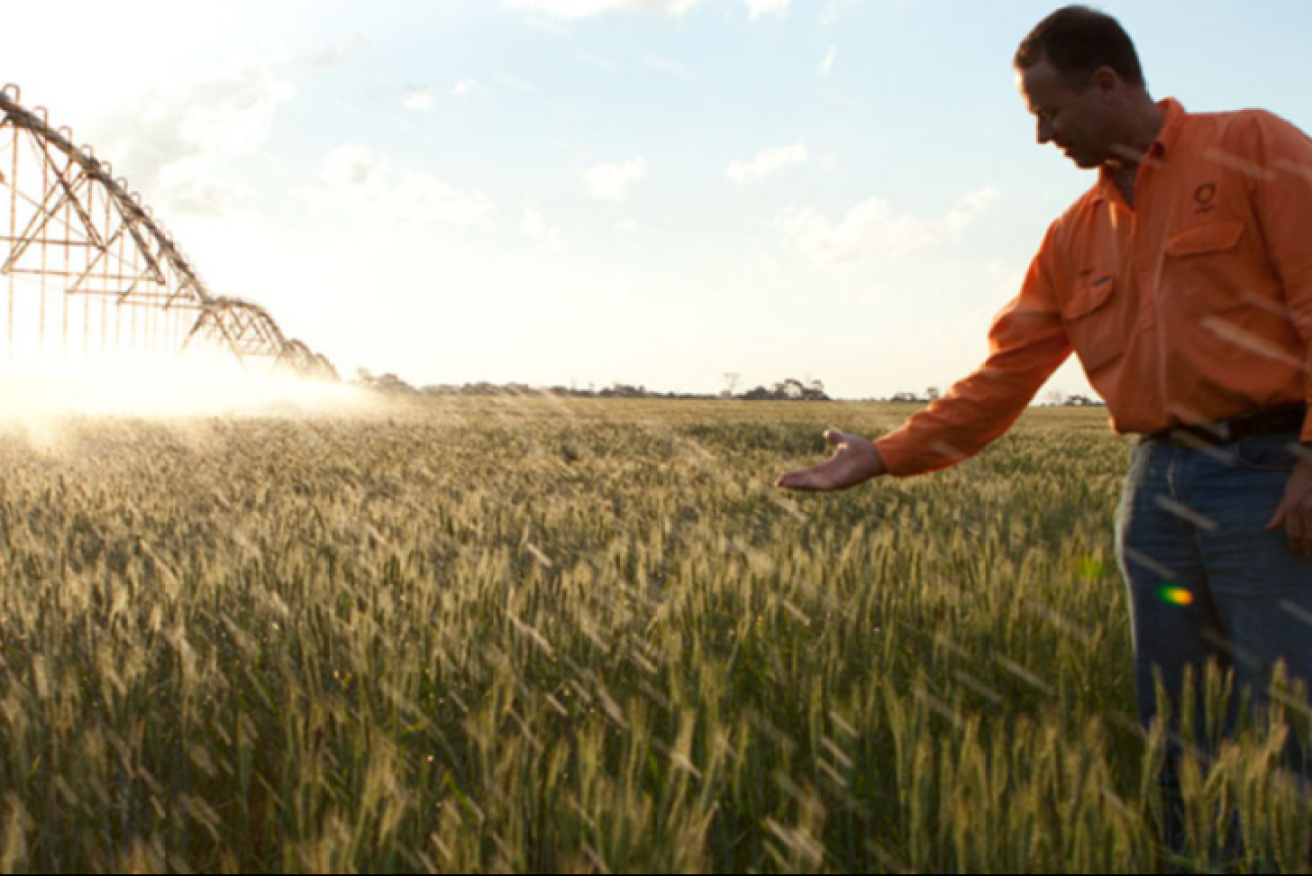Clash of the titans: farm and mine sectors race for climate solutions
The farming and mining industries were heading for a clash as they try to deal with climate change and offsets, according to a report by Queensland University of Technology academics.


The farming and mining communities could be headed for a clash (Photo: APLNG)
Commissioned by environmental group Lock the Gate, the report indicates the mining industry will need to access a vast amount of carbon credits to offset its emissions under the Albanese Government’s changes to the Safeguard Mechanism.
The issue is already a concern in some farming communities where land has been bought as a carbon offset and was no longer farmed. That left holes in supply chains and had an impact on local communities because the land was then no longer lived on.
The report found that because there was no limit to the number of Australian Carbon Credit Units a facility may use to meet emission baselines, industry may have to rely on the agriculture and land sectors as as source of the credits.
It cites the case of the Beetaloo Basin gas project which Reputex modelling showed would been about 3 million hectares of land for environmental and plantation forestry projects to offset its emissions.
“At the same time, the agricultural sector will also be under pressure to reduce their own emissions,” the report said.
“There are significant financial risks for agricultural enterprises in participating in the establishment of carbon abatement projects that deliver ACCUs.
“Meeting agricultural emissions reductions targets (either mandated or encouraged) may require significant investment in new technology, practices, or infrastructure. Where these costs are imposed on agricultural facilities there may be financial uncertainty for farmers. This is especially the case if these investments do not yield immediate financial returns.
In order to fully decarbonise and maintain access to international markets with increasingly strict regulation for carbon neutrality, farmers will need access to least cost abatement options, like land-based carbon sequestration projects.
This could lead to rapid land use change, which can potentially cause short and long term economic and social impacts on regional communities.
Land-based carbon offset projects are themselves threatened by extreme weather events made worse by climate change, as well as policy uncertainty and price volatility.
Maules Creek Landholder Phil Laird said, “Mining companies are already swallowing up huge volumes of farmland and water for coal and gas projects. Now they want access to more farmland so they can theoretically offset these projects.
“The Safeguard Mechanism transfers climate risk from the big polluters to the land sector. For a small capped fee, the mining and gas industry offloads its climate risk onto farmers or crowds out agriculture by buying up large swathes of land if the marginal cost of carbon credits makes it economic to do so.
“Carbon offsetting that shifts the burden of fossil fuel abatement onto agriculture while enabling companies like Santos to develop gas mining on the Liverpool Plains is an entirely possible outcome.
“Farmers are already on the front line facing climate change. The Albanese Government ought to be doing more to secure Australia’s sustainable farmland, helping farmers and their supply chains move toward net zero, not encouraging carbon credits that once transferred to mining, will add new layers of risk onto farmers.”
Lock the Gate Alliance National Coordinator Carmel Flint said the report showed the urgent need for the Albanese Government to conduct modelling of the likely scale of demand for land-based carbon credits under the reformed Safeguard Mechanism.
“The Albanese Government has given the industrial sector free rein to use 100 percent carbon offsets under the Safeguard Mechanism scheme rather than requiring them to stop emissions at the source, which may limit the options for agriculture in climate mitigation.
“The reliance by the mining companies and big polluters on carbon offsets is likely to lead to large scale impacts on rural and regional areas, and on access to finance and markets for the agriculture sector, but there has been no assessment done to quantify those impacts.
“We’ve seen perverse outcomes before when schemes are rolled out without any proper modelling, as with the Forestry Managed Investment Schemes, and we need to make sure action is taken now to prevent a repeat of that.”












